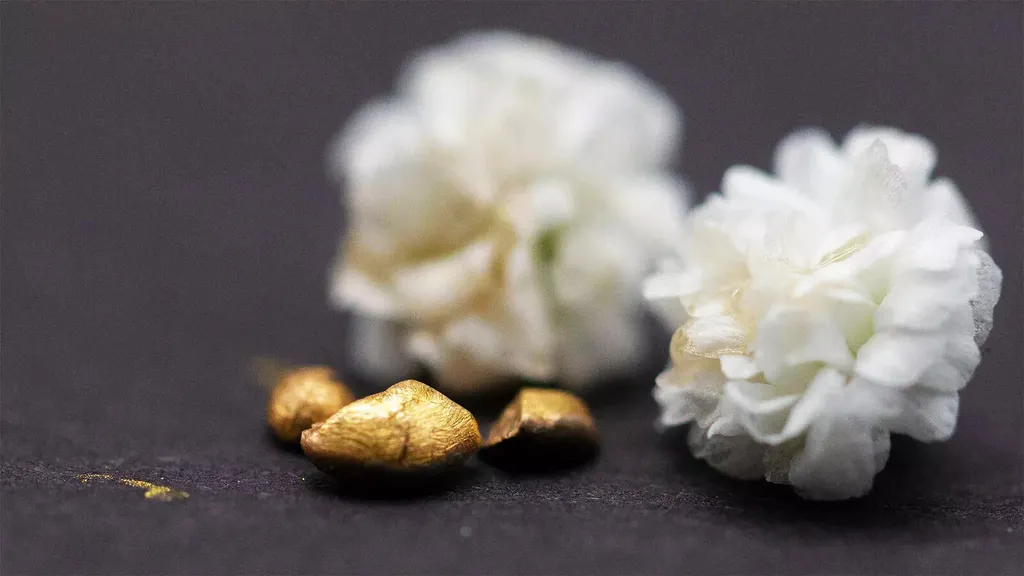In the heart of Karnataka, India, a groundbreaking study is unfolding that could revolutionize the way we think about fruit waste and ethanol production. Researchers at the University of Agricultural Sciences, Dharwad, have been diligently working to isolate and evaluate thermotolerant yeast strains capable of thriving in high-sugar environments. This research, led by P. Jayamma from the Dept. of Food Safety and Quality Assurance, College of Food Science and Technology, ANGRAU, Pulivendula, Andhra Pradesh, and published in the ‘International Journal of Bio-Resource and Stress Management’, holds significant promise for the agriculture sector, particularly in the realm of biofuel production and waste management.
The study, conducted between October 2020 and January 2022, focused on the potential of yeast strains isolated from various fruit wastes. The goal was to find strains that could not only withstand high temperatures but also tolerate high sugar concentrations, thereby enhancing ethanol production. “The ability of these yeast strains to grow in media with high sugar levels is crucial for maximizing ethanol yield,” explained Jayamma. “This could lead to more efficient use of fruit wastes, which are often underutilized, and contribute to a more sustainable agricultural sector.”
The researchers began by isolating 100 yeast strains from different fruit wastes. These strains were then tested for thermotolerance by growing them in Yeast extract dextrose peptone broth at temperatures of 35, 40, and 45°C. Out of these, 20 yeast isolates showed remarkable resilience and were identified using morphological and biochemical methods. These isolates were further screened for sugar tolerance by supplementing the broth medium with varying glucose concentrations, ranging from 10 to 25% (w/v), and incubating them at different temperatures and times. The growth was measured by optical density at 600 nm.
The results were impressive. Among the 20 isolates, four strains—YP11, YM17, YPA48, and YPA64—demonstrated an exceptional ability to tolerate glucose concentrations as high as 25.0% (w/v). This finding is a significant step forward in the quest for more efficient ethanol production. “These thermotolerant and sugar-tolerant yeast strains could optimize ethanol production from fruit waste, making the process more cost-effective and sustainable,” Jayamma noted.
The commercial implications of this research are vast. In an era where sustainable practices and waste reduction are paramount, the ability to convert fruit waste into valuable biofuels could transform the agricultural landscape. Farmers and agribusinesses could benefit from new revenue streams, while the environment would gain from reduced waste and lower carbon emissions. Additionally, this research could pave the way for further innovations in the field of bio-resource management, potentially leading to the development of new, more efficient strains of yeast and other microorganisms.
As the world continues to seek sustainable solutions to global challenges, research like this serves as a beacon of hope. The work of Jayamma and her team not only highlights the potential of fruit waste as a valuable resource but also underscores the importance of continued investment in agricultural research. With further development and commercialization, these thermotolerant yeast strains could play a pivotal role in shaping the future of the agriculture sector, contributing to a more sustainable and prosperous world.

